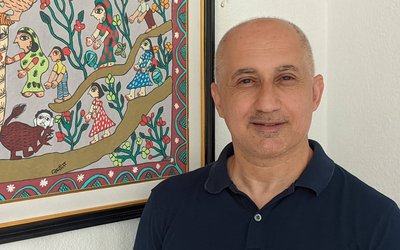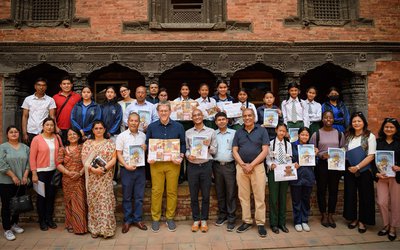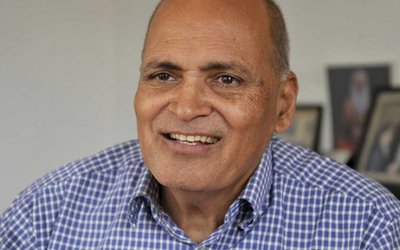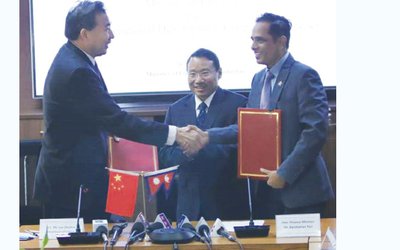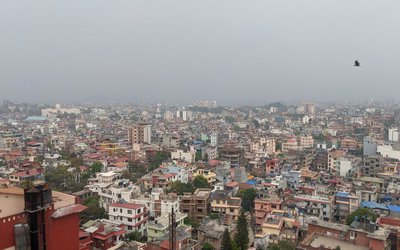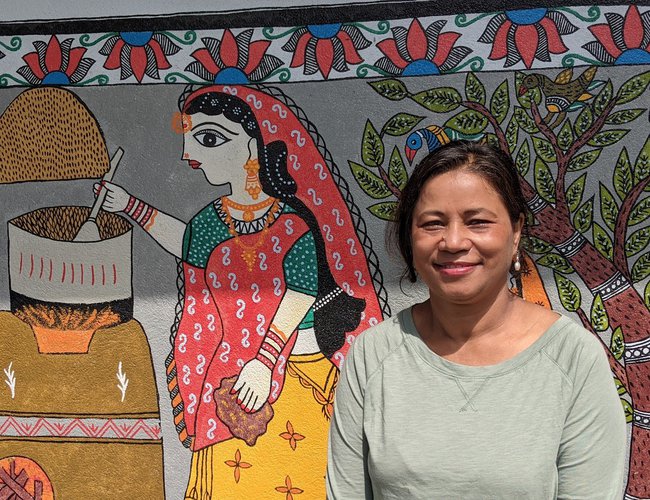
As someone with extensive experience in the clean cooking sector, how do you plan to contribute?
CCA has primarily been supporting policy at the national level in Nepal, with a focus on electric cooking. Having worked extensively with various communities throughout Nepal in the cooking sector, I possess the technical expertise to support Imperative and SPI with clean cooking techniques and advancements in stove technology. While CCA has emphasized policy-level support for electric cooking, there remain opportunities for us to address biomass stoves within the field.
How important is the campaign from an expert's perspective?
The importance of the campaign from an expert
point of view is significant due to over 50 percent of the population in Nepal utilizing biomass without access to electricity. The improvement of cooking stoves for clean cooking cannot be underestimated. Many impoverished communities require this type of technology. I will support Imperative at a professional level above all other levels. Having worked in this sector for so long, I can also support Imperative, SPI, and other local partners on a personal level.
What CCA is currently undertaking
is the launch of a small electric cooking project in Madhesh Province, showcasing the community-level significance of this form of cooking. As transmission and distribution expansion and improvement projects continue in Madhesh, CCA is directing its attention towards electric cooking. The Nepal Electricity Authority reluctantly supports clean cooking due to concerns that widespread use of electricity for cooking will strain the distribution system once everyone switches to electric cooking. Despite this, we will implement smart cooking in 5,000 households. However, it will take decades to fully transition to electric cooking in the Madhesh province. In the meantime, improved cooking stoves will significantly contribute to clean cooking.
As an experienced expert in this field, how do you perceive the current campaign in comparison to previous improved cooking campaigns?
Because cooking is a vital aspect of women's daily lives, stove design should prioritize their comfort and needs. I trust that Imperative and SPI-Nepal will address and prioritize this issue. Active female participation is essential for the success of any campaign aimed towards stove improvement. My impression is that Vahid Jahangiri and SPI Nepal's Chair, Mohan Das Manandhar, are investigating women's preferences in kitchen fuel design. As women consider the economic aspect of fuel, they tend to opt for low-cost and high-value options.
What is your opinion on this project?
It is significant because it will provide direct financial and health benefits to women. Additionally, as this project pertains to the kitchen, it is likely to empower women the most. This project has significant potential to benefit women's health and the economy, while also reducing CO2 and indoor air pollution. This project has significant potential to benefit women's health and the economy, while also reducing CO2 and indoor air pollution. However, this traditional practice contributes to poor indoor air quality. The project aims to promote alternative termite control methods and improve indoor air quality. Many rural houses are constructed of wood, and smoke is used to control termite infestations. It also raises important questions about the cultural significance of smoke in rural household practices.
- US Ambassador To Nepal Dean R. Thompson Unveiled 'Let's Discover Patan Darbar' Map
- Apr 27, 2024
- Nepal’s Relationship With India Is Deteriorating: Former Diplomat Acharya
- Apr 27, 2024
- Weather Forecast: Partly Cloudy In Bagmati And Koshi Province
- Apr 27, 2024
- Three-Day Global Science-Policy Forum: Socially Inclusive Solar Irrigation Systems Concluded
- Apr 26, 2024
- Nepal And China Ink Two Agreements , PM Prachanda Meets Chinese Delegation
- Apr 26, 2024





